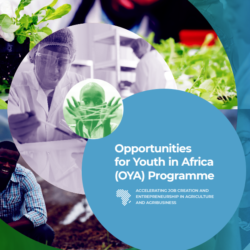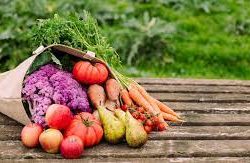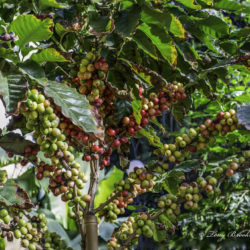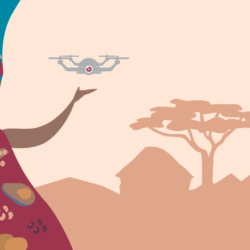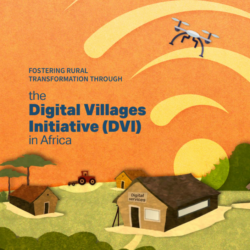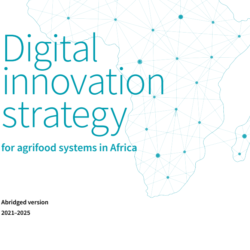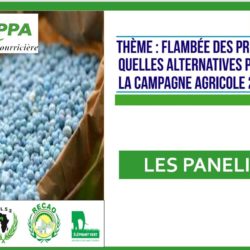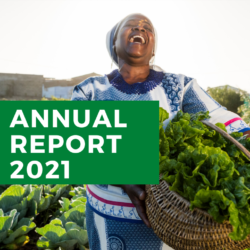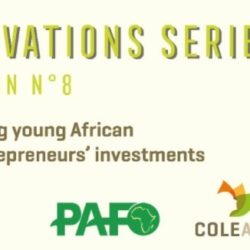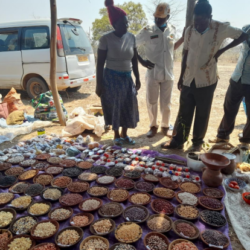Accelerating job creation and entrepreneurship in agriculture and agribusiness
The Food and Agriculture Organization of the United Nations (FAO) and the United Nations Industrial Development Organization (UNIDO) have developed a joint regional programme titled “Opportunities for Youth in Africa: Accelerating Job Creation and Entrepreneurship in Agriculture and Agribusiness”. The programme is in response to a dedicated call for accelerating efforts in the area of job creation. This call was made during the 2018 Conference on Youth Employment in Agriculture

